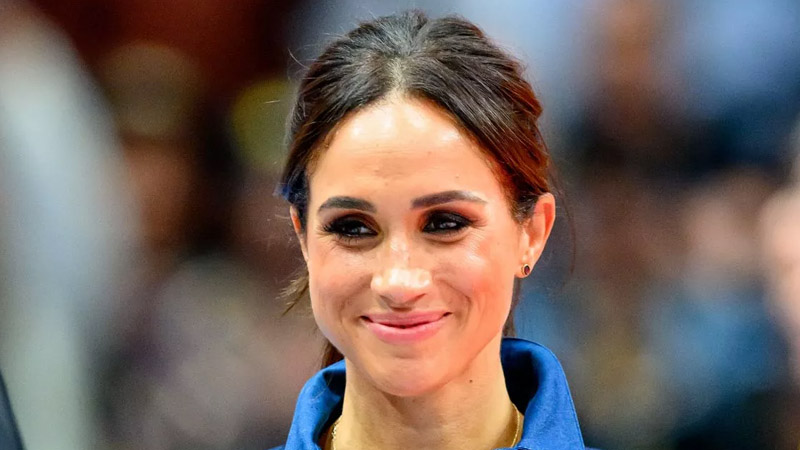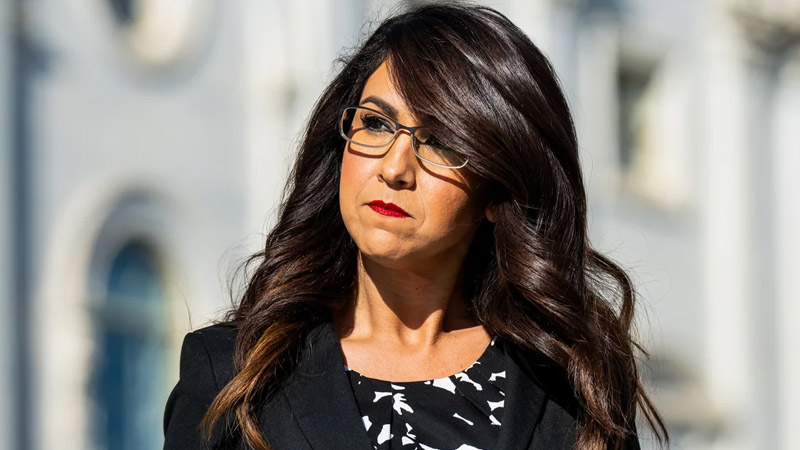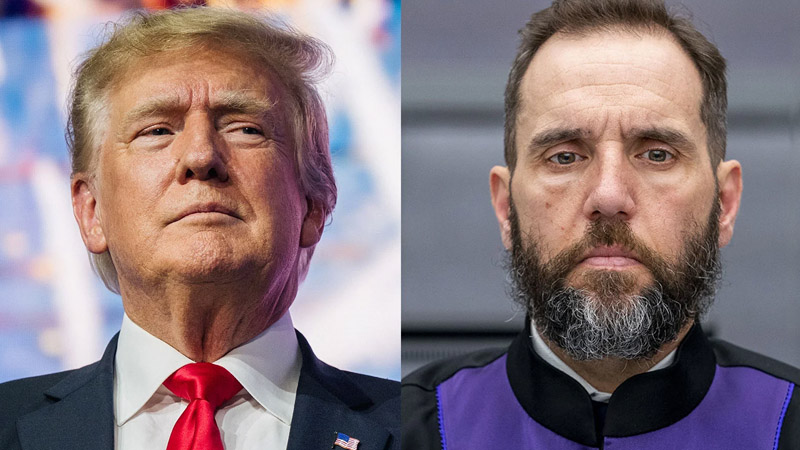Prince Harry breaks silence after new court orders

( Image: Getty Images)
Prince Harry’s lawyer, David Sherborne, has criticized the News Group Newspapers (NGN) group, accusing them of engaging in a “classic fishing expedition” by seeking documents they should have sought much earlier for a trial scheduled in January.
This statement came after the duke was ordered on Thursday to conduct wider searches for emails, text messages, and other material that might be relevant to his lawsuit against NGN. The concern is that some evidence may have been destroyed.
According to the Independent, David said, “NGN’s tactical and sluggish approach to disclosure wholly undermines the deliberately sensational assertion that the claimant [Harry] has not properly carried out the disclosure exercise. “This is untrue. In fact, the claimant has already made clear that he has conducted extensive searches, going above and beyond his obligations.”
Prince Harry, the younger son of King Charles, along with more than 40 others, is suing NGN over allegations of unlawful activities by journalists and private investigators. As part of the lawsuit, the Duke of Sussex has now been ordered to disclose why and how drafts of his memoir, “Spare,” and messages exchanged with his ghostwriter were destroyed “well after” he initiated the lawsuit against NGN in 2019.
Sherborne’s statement highlights the legal team’s frustration with NGN’s approach, implying that the document requests are a last-minute attempt to gather information that should have been requested much earlier in the legal process. This tactic, often referred to as a “fishing expedition,” is viewed as a strategy to uncover new evidence without a clear direction or purpose, suggesting that NGN is scrambling to find any potentially useful material for its defense.
The ongoing legal battle between Prince Harry and NGN has garnered significant public attention, not only due to the high-profile nature of the plaintiff but also because of the serious allegations of unlawful conduct by a major media group. The case forms part of a broader narrative concerning privacy, media ethics, and the lengths to which journalists and investigators may go in pursuit of stories about public figures.
As the trial date approaches, both sides are preparing for what promises to be a closely watched-courtroom drama. The requirement for Prince Harry to disclose details about the destruction of his memoir drafts and communications with his ghostwriter adds a new layer of complexity to the case. It raises questions about the management of potentially crucial evidence and the implications it may have on the outcome of the lawsuit.
With Sherborne’s strong words underscoring the tension between the parties, the January trial is set to be a significant event, shedding light on the practices of the media and the rights of individuals to privacy and fair treatment. As more details emerge, the public and legal observers will be closely monitoring the proceedings to see how this high-stakes legal confrontation unfolds.


